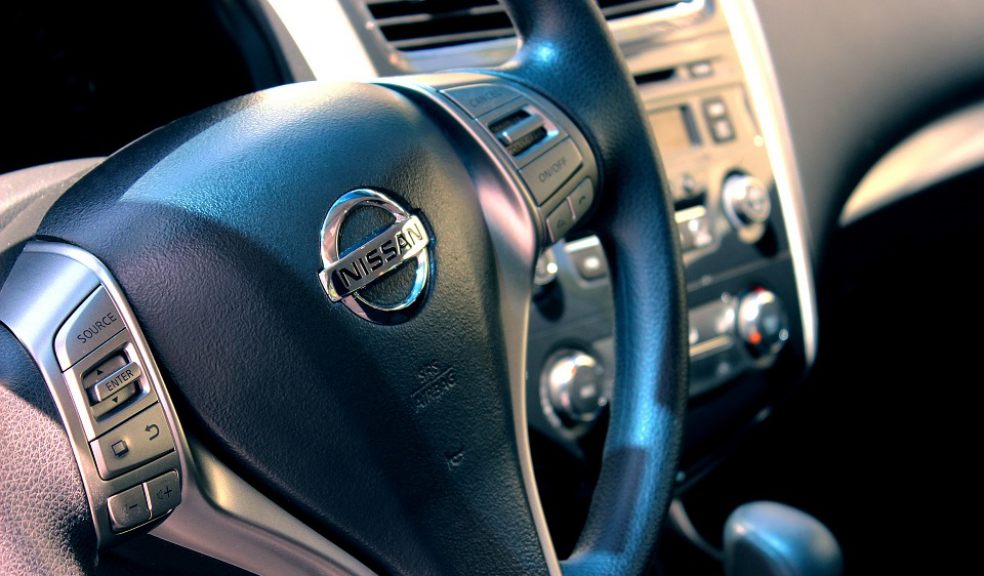
Government proposes a major driving test shake-up
Driving tests are a nerve-wracking experience. No matter many times you have practiced your three-point turns and parallel parking manoeuvres, driving under test conditions with a stony-faced examiner in the passenger seat is apt to have leave even the most confident of learner drivers quaking with nerves. Is it any wonder that so many people fail?
Driving Test Pass Rate Statistics
Government statistics show that only 21% of people pass their driving test first time. Everyone else has to come back for a second, third or multiple go in order to walk away with a pass certificate and a relieved smile. In Exeter, the overall pass rate was 52.3% in 2013-2014, which was lower than the previous two twelve month periods, but if you lived in a rural area of the south west, you stood a better chance of passing.
Not surprisingly, given the dismal pass-rate statistics, the government wants to shake things up a bit. One of the proposals put forwards by the Department of Transport is for a ‘cashback’ incentive scheme whereby the driving test fee is lower, but applicants are required to pay a deposit instead. If they pass, they get their deposit back.
A Common Sense Proposal
The logic behind this proposal is pretty simple: having the carrot of a ‘cashback’ incentive dangled in front of a learner driver’s nose means they are less likely to apply for their test before they are adequately prepared. And better prepared learner drivers have more independent driving experience, are more confident behind the wheel, and are therefore less likely to have an accident within a few months of passing their test.
Increasing Driving Test Efficiency
Introducing a refundable deposit for learner drivers who pass their test is not the only strategy the government has up its sleeve. It also plans on adding more test appointments to the calendar, including extra tests at evenings and weekends. A representative from the Department of Transport says this will make driving “safer and more affordable” and “provide an incentive for learners to be more prepared”.
This is an open consultation, so the general public are invited to give their views on whether they think the government’s proposals are a good move (or not).
Of course the only sure-fire way to pass a driving test is to practice, practice, and practice some more. Learning to drive requires a high degree of skill and this doesn’t come overnight. There is a lot to learn. Not only do you have to work out how to change gear, do hill starts and reverse without hitting any pedestrians or cyclists, you also have to get used to being beeped by other road users when they lose patience after you stall the car for the fifth time at a set of busy traffic lights.
The practical driving test is not the only thing learner drivers have to worry about - they have to pass a theory test first. The good news is that you can practice for your theory test online at toptests.co.uk.














